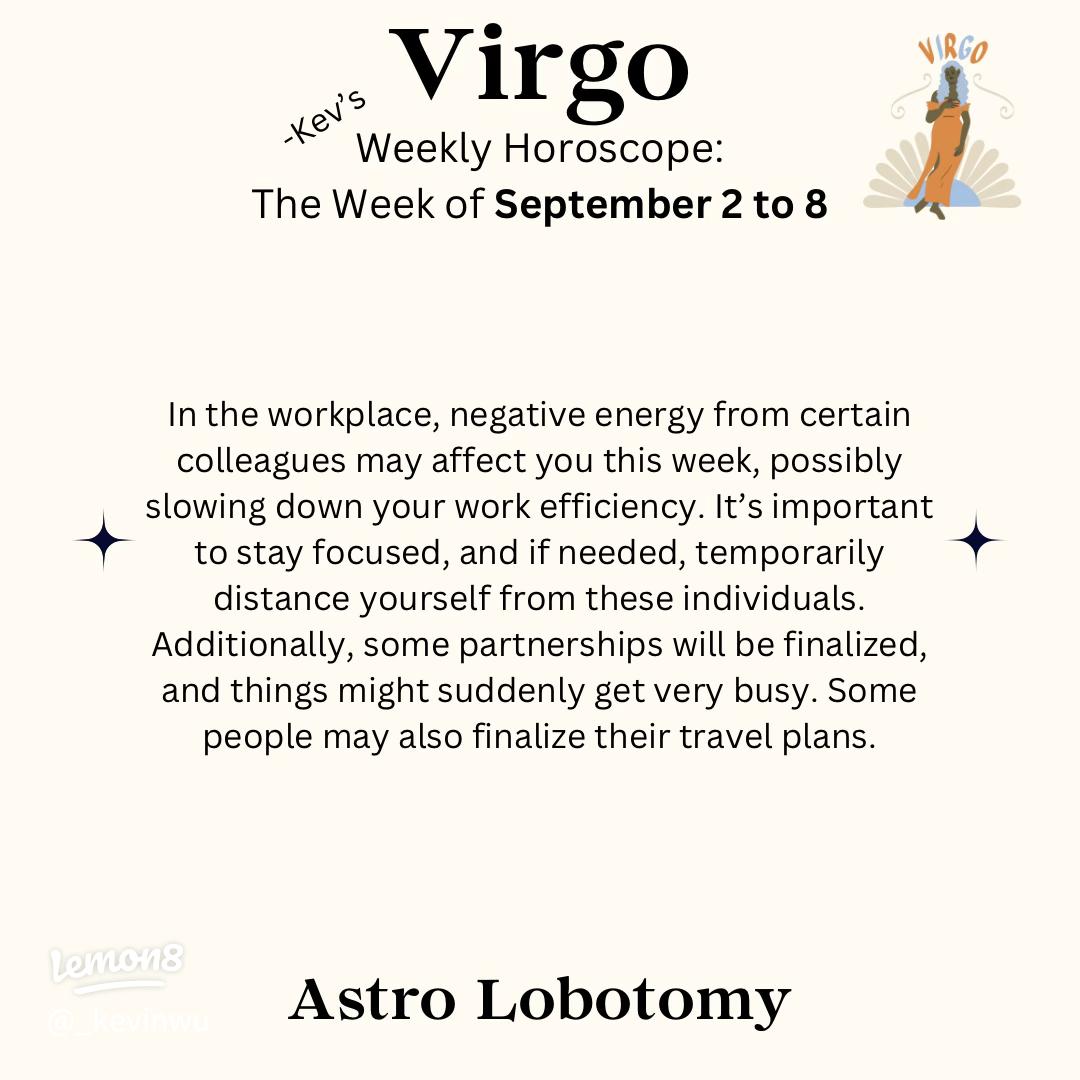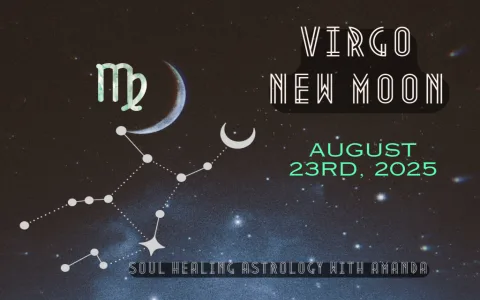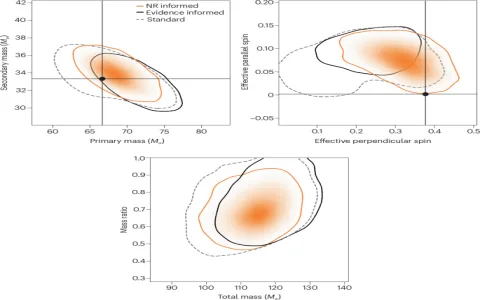I Used to Let the Stars Dictate My Paycheck
Man, I don’t mind telling you this, but I used to be a mess. A total wreck every Sunday night. You know why? Because I’d dive headfirst into that weekly career horoscope reading. Especially being a Virgo, everything has to be analyzed, quantified, and controlled. If the prediction said “Expect turbulence mid-week” or “Your efforts may go unrecognized,” my whole nervous system would just seize up.
I would spend Monday and Tuesday proactively looking for signs of failure. I wasn’t doing my job; I was doing damage control against an invisible cosmic enemy. I would read and reread that tiny paragraph, turning three vaguely negative sentences into a five-alarm fire in my head. I was essentially paying rent in my brain to some cheap astrologer on the internet.
I didn’t realize how bad this was until I completely bombed the Q3 budget review. It was the biggest pitch of the year. I had prepared for weeks, refining the numbers, building the deck. But that Tuesday morning, I woke up, checked the forecast, and it read something awful like, “Mercury is retrograding your communications sector. Major agreements may fall apart due to unforeseen misunderstandings.”

I let that sentence crush me before I even walked into the office. I walked in already defeated. I started second-guessing every slide. When the CEO asked a simple question about overhead, I stammered, convinced the misunderstanding was already starting. I failed to articulate the core strategy. I watched weeks of solid work turn into a dumpster fire right there in the conference room. I walked out feeling sick, thinking, “See? The stars were right. It was out of my hands.”
Seizing Back the Steering Wheel
That night, I sat there stewing. I blamed the universe. I blamed the alignment of planets. I was complaining to my wife about how unfair it was, when she looked at me and said, “Or maybe you just choked because you spent three hours worrying about the stars instead of practicing your opening line.”
That hit me like a truck. She was right. I hadn’t failed because of Mercury; I failed because I had willingly surrendered my focus to a third-party prediction. I realized the horoscope wasn’t the problem; my response to the horoscope was the actual disaster.
I had to fundamentally change the routine. I knew I couldn’t just quit reading them cold turkey—the curiosity was too strong, the Virgo need for foresight too ingrained. So, I developed a counter-strategy, a practical method to neutralize the anxiety trigger and reclaim my effort.
The Anti-Stress, Pro-Action Planning System I Built
The next week, I implemented three strict rules. This wasn’t about avoiding the forecast; it was about reframing it as a data point, not a destiny.
Phase 1: Neutralizing the Trigger
- I decided I would only read the horoscope on Saturday mornings. Never on Sunday night or Monday morning. This gave me two days to process the information without it immediately interfering with my work week preparation.
- I skimmed for exactly two words. If the forecast used words like “growth,” “expansion,” or “opportunity,” I noted it mentally and moved on. If it used words like “conflict,” “delay,” or “caution,” I also noted it. The rest of the vague filler? I discarded it immediately.
Phase 2: The Control Sheet Creation
This was the real game changer. I created a physical, weekly planning sheet, which I named the “Effort Log.” This log directly refuted the idea of pre-determined outcomes.
I mapped out my week not by potential result, but by focused input. For example, if the horoscope warned of “communication delays,” I didn’t stress about the outcome of my emails. Instead, I focused on doubling my input: calling instead of emailing, following up faster, and writing clearer summaries. I shifted the control away from the prediction and back to my actions.
The Effort Log forced me to list three things every day:
- Input Focus: What concrete action am I taking today? (e.g., “Review Q3 data for errors,” “Write the full client proposal first draft.”)
- Worst Case Mitigation: If the prediction comes true (e.g., “miscommunication”), what is my immediate contingency plan? (e.g., “Schedule a face-to-face check-in instead of relying on Slack.”)
- Measured Success: Did I complete my planned input? (A simple Yes/No checkmark. I only graded myself on effort, never the external result.)
Phase 3: The Big Realization
After about a month of forcing myself through this process, something amazing happened. I stopped caring about the specific predictions altogether. Whether the stars said it was going to be a great week or a total washout, my Effort Log remained the same. I kept logging my inputs, I kept executing my mitigation plans, and you know what? My performance stabilized. My anxiety dropped through the floor.
I realized that when you focus 100% of your energy on the things you can actually control—your preparation, your effort, your contingency plans—the vague predictions just become noise. They can hint at potential weather, but they sure as hell don’t decide whether you brought an umbrella. And frankly, bringing an umbrella every day is just good planning, stars or no stars.
This process pulled me out of that pit of cosmic helplessness. It wasn’t magic; it was just systematic, boring, practical planning. Give it a shot. Stop worrying about what Tuesday’s alignment means and start defining what Tuesday’s effort looks like.







